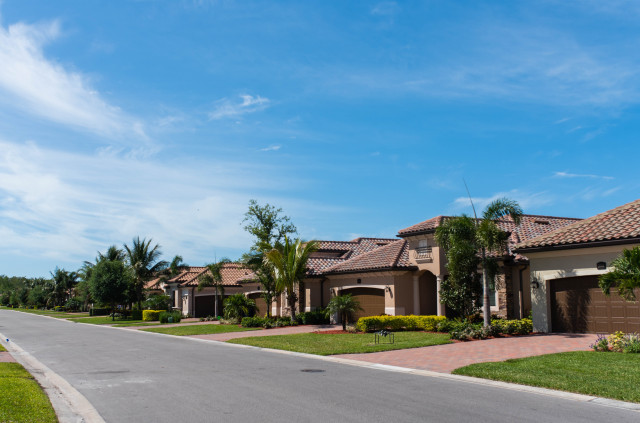
Associations Have Tools to Push Mortgage Foreclosures to Completion
April 5, 2021 marks the beginning of open COVID-19 vaccine eligibility for all adults in Florida, and, based upon the state’s progress battling the pandemic, courts are beginning to resume jury trials and in-person hearings after having suspended both for most of the past year. While Florida’s foreclosure moratorium expired months ago, the President recently extended the foreclosure moratorium for federally guaranteed mortgages through June 30, 2021. As the result of this extension, the majority of Florida mortgage foreclosure lawsuits will not proceed to conclusion for the next few months. However, in this writer’s opinion, the moratorium affecting federally guaranteed mortgages is not likely to last in the United States beyond the summer. 
Once all mortgage foreclosures may be resumed, courts, homeowners’ associations, and condominium associations will generally be interested in having the backlog of cases diligently prosecuted to conclusion. As many associations learned during the recession that hit the housing market twelve years ago, it is often wasteful to pursue assessment collection activities against delinquent owners who are already involved in mortgage foreclosure cases and who will imminently be foreclosed by their lenders. However, mortgage holders frequently take a deliberately slow approach to foreclosing, often to the chagrin of associations who bear witness to mounting assessment delinquencies as cases plod forward without urgency.
Therefore, associations are encouraged to file responsive pleadings in mortgage foreclosure lawsuits and to participate in cases as may be prudent to hasten their conclusion. First mortgage holders suing to foreclose mortgages will join associations whose covenants impact the property being foreclosed, as defendants. As a defendant to a mortgage foreclosure lawsuit, an association has the right and ability to participate in the case, to attempt to expediate its conclusion by taking actions including, but not limited to, setting motions for hearing, seeking defaults against parties who have not responded to the case, setting cases for trial after all parties have responded or been defaulted, objecting to extension requests, asking the judge for case management hearings, and requesting the setting or re-setting of foreclosure sales. These are just some examples of the many litigation tools that associations may use to attempt to keep a mortgage foreclosure case from stalling.
Notably, mortgage foreclosure cases are equitable actions, and decisional law developed during the housing market recession, twelve (12) years ago, allow courts to consider how a delay may impact an association when a judge makes decisions in the lawsuit. Further, Rules of Judicial Administration provide that trial judges shall take charge of cases at an early stage in the litigation and shall control the progress and pace of the litigation thereafter. Judges are often willing to cooperate with associations’ efforts to move mortgage foreclosure cases to completion.
Accordingly, associations should not be resigned to waiting for mortgage holders to complete foreclosure cases on their own initiative but instead should consult with legal counsel about strategies that may be used to push cases forward with increased urgency.
SACHS SAX CAPLAN, P.L.
PETER S. SACHS
When you subscribe to the blog, we will send you an e-mail when there are new updates on the site so you wouldn't miss them.

Sachs Sax Caplan, P.L. is proud to be recognized by The Florida Bar for our commitment to hiring and developing Board Certified Attorneys.

